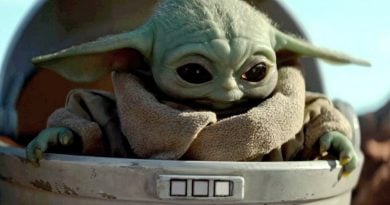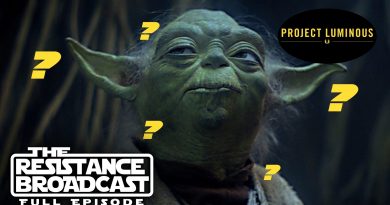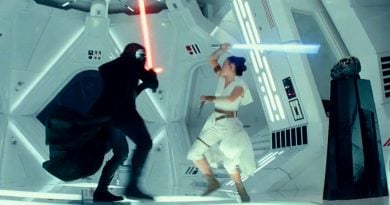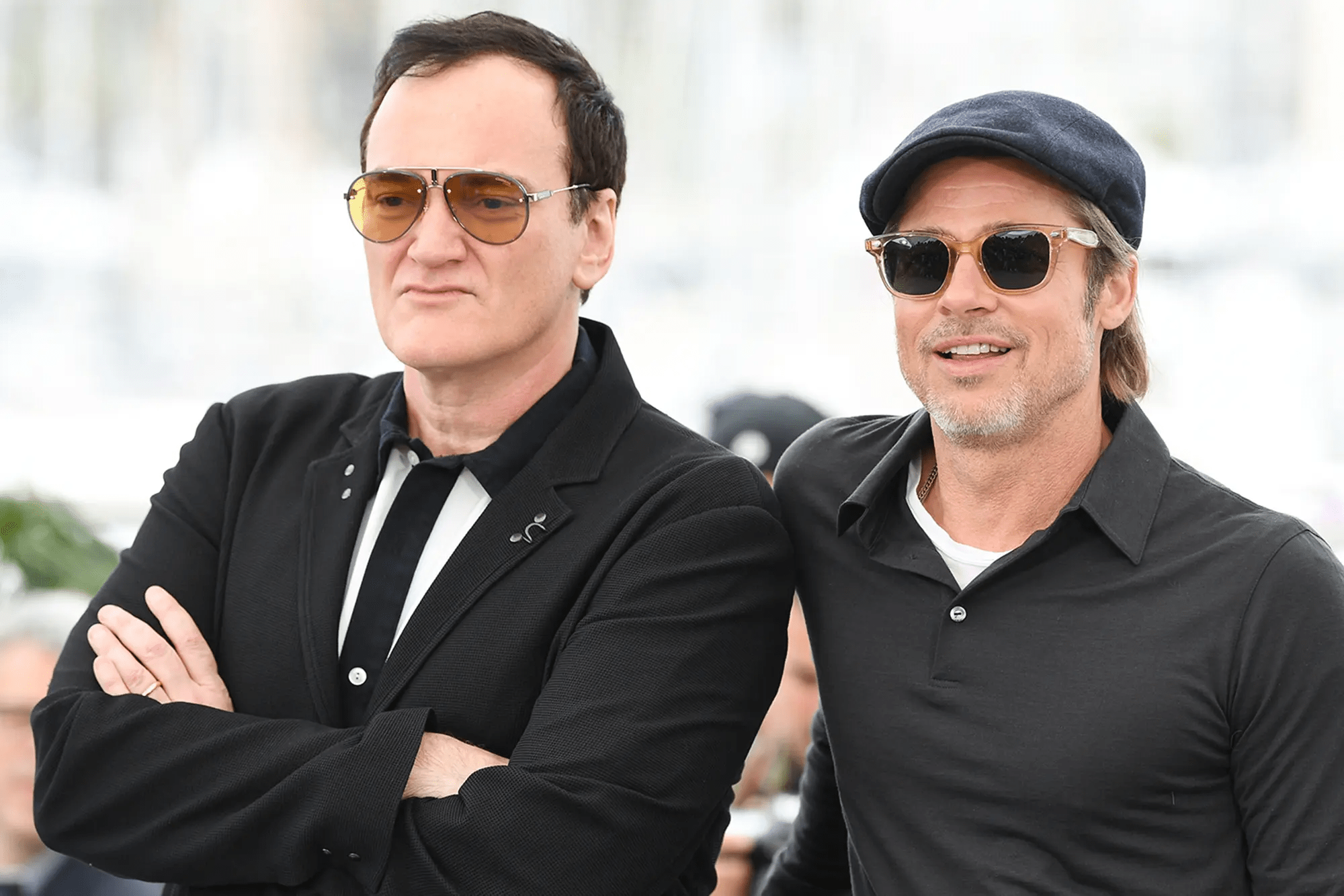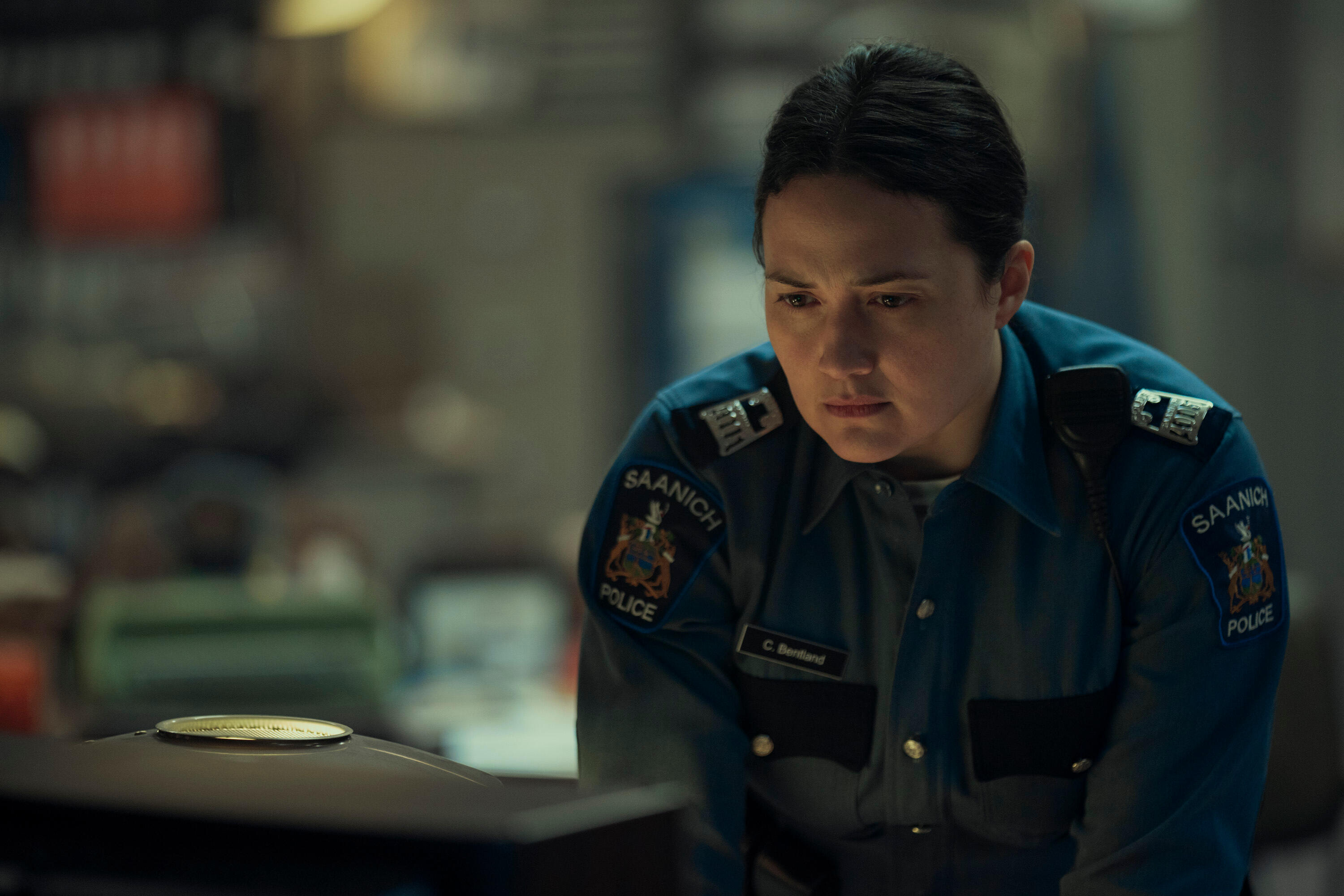SWNN Interview with ‘The Clone Wars’ and ‘Rebels’ Composer Kevin Kiner
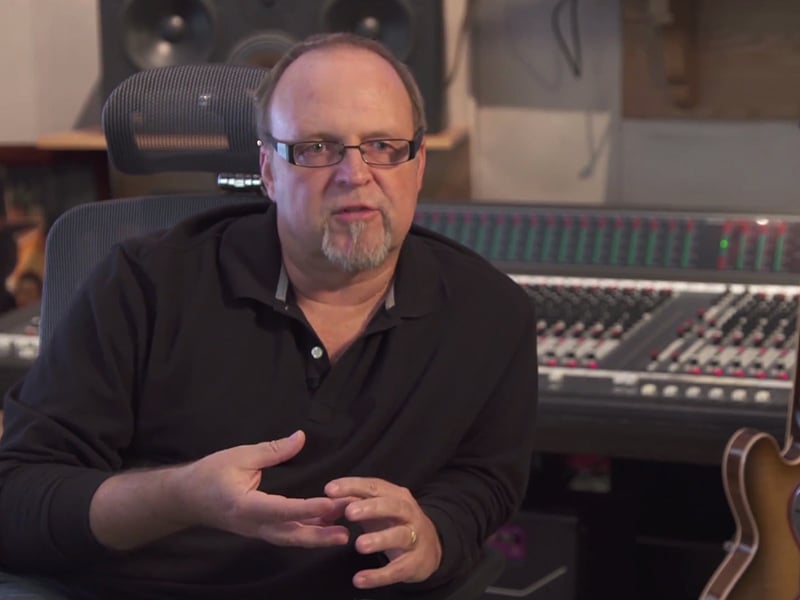
We had the honor to interview The Clone Wars and Rebels composer Kevin Kiner! The Star Wars animation maestro joined our podcast The Resistance Broadcast to talk about his work on Star Wars, as well as other fun anecdotes about his history and career, including his work on the global phenomenon Netflix hit Making a Murderer.
Here is a teaser clip from the interview, followed by a transcript of a small portion of it. The full interview will be on the podcast (both audio and video) this Monday.
JOHN HOEY: You’ve probably told this story a lot – so we won’t get into too much detail, but your entry into STAR WARS – which some would say has a lot of drama to it, so can you briefly touch on the story you’ve told a million times, how you got connected to Lucasfilm?
KEVIN KINER: I believe George Lucas was a fan of the music of CSI: Miami, which I scored for 10 years, I don’t know that for a fact. If you talk to my agent he’ll probably take credit for getting my name to them (laughs) my CE. Whatever it was, uh – by the way I have a fantastic agent his name is Robert Messenger. I’ve been with him, I mean, he’s my only representation I’ve ever had and he’s a dear friend also one of the best agents for composers there is, but anyhow – somehow they got my reel and I think there were 5 of us that auditioned for the gig. And the audition process was they flew each of us up separately – I know who one of the composers was and he’s a super great A-list film composer, but we each watched the show with Dave Filoni, he gave us some spotting notes, what the music should be like – where the beats were. And then we each went home and scored it as we thought fit and I got the gig. So that’s kind of how it wound up.
JH: So who was the alister who got denied?
KK: I can’t – I won’t ever tell that one.
JH: Was it Randy Newman by chance?
KK: I will give you a hint. It was not John Williams. (laughs)
JH: Did he have any influence on you – George Lucas himself – in terms of like, this is the type of sound I want for my show because I based STAR WARS off these old serials and I want it to be like a Flash Gordon-y sound or LOST IN SPACE – anything from him as a directive whether that’s an interaction with you directly or something being passed down in terms of something he wanted for a vibe?
KK: Actually I think he was most interested in trying to bring something new to the sound of STAR WARS. I mean the foundation of what John Williams has done will always be there and that is STAR WARS and that is STAR WARS music. I think what George was looking for was something that would be unique to this animated project that was really his pet project and he hadn’t sold it to anybody. And at one point, you know, he made the comment that I think some studios had passed on it, and everybody was kind of bummed out about it, and he was like “Eh, maybe it will be something I just play for my kids on TV.” (laughs) So I mean, if you look at his history, he started doing the movies that way too. He used all his AMERICAN GRAFFITI money to fund ILM. So he was doing the same thing with CLONE WARS, although he has significant resources and he was just doing it the way he wanted to, but as far as the music, he really wanted to bring – it was a big deal for him to bring world music into the universe of STAR WARS. One of his concepts was that every planet would have its own ethnicity – which kind of makes sense actually. I thought that was because we are going to go on this journey to all these different worlds and it makes sense that each world had a different sound to it. He also wanted me to rearrange the theme, and do a, kind of a big percussion kind of version of the theme which I was extremely opposed to doing, but it was pretty much the first thing I had to do after I’d passed the audition. It’s like, ‘hey we want you to score the first episode, and by the way we want you to change the most iconic piece of music in the world – and the greatest opening ever for a movie – and we want you to make it different.’ And I said to him, ‘You know George did this properly the first time – I mean John did this properly the first time’ and he did, it’s John’s tune and he knows the way it should go.
LACEY GILLERAN: What is your favorite scene from CLONE WARS to compose? (question submitted by TRB viewer and patron Micah Harrison).
KK: Ahsoka leaves. (pauses) Yeah.
JAMES BANEY: There’s a lot riding on that one.
KK: Yeah, she’s there – we’ve never seen a Jedi leaving the Jedi Order – and let alone a character who arguably is the main character of our show, and you know, it’s similarly dramatically to Ned Stark dying at the beginning of the season of GAME OF THRONES.
JB: SPOILERS!
KK: (laughs) So, you know, that was a huge thing. I always say that the music follows the drama. If it’s unbelievable drama, then I think the music takes a step up in quality as well.
LG: Star Wars music always seems to have movement and activity, always something rhythmically pushing forward, even in the ballads and that is something you seemed to have nailed: Is that something you were conscious of doing or something that worked in your subconscious when composing? (question submitted by TRB viewer and patron Camden Margolies).
KK: That’s a really fantastic question. I’m super conscious of it, and that comes from the master himself, John Williams. His music has always got movement in it – much more so than other film music, and especially modern film music which has a stylistic tendency to kind of have a pad going on sometimes. John’s music is always tonally and rhymically shifting – even under dialogue or whatever. And he has a really deft hand because he doesn’t – it’s really hard to not get in the way of things when you’re moving around a lot, and that can be distracting. And you don’t want the music to be distracting, our job is to be supportive. You can have your big themes when it’s appropriate, but most of all you want to be supportive of the emotions of the story, of the arc of the character, and all these things – you want to support that. And doing that while moving around a lot, is a really tricky thing. I’m very, very conscious of it, and I don’t write that way when I’m writing for say MAKING A MURDERER. Totally opposite, MAKING A MURDERER I wanted to just lay down a very sparse kind of vibe, and be very exposed to solo instruments and not move around a lot. The stylistic opposite.
JH: Do you foresee yourself doing more STAR WARS down the line? Are you moving onto other things? I know you were on IMDB listed as doing a STAR WARS video game, but do you think there is more in the future for you for animated series, or would you be interested in live action composing? Where are you at with STAR WARS?
KK: Yeah, I hope. It’s my great hope that I always have STAR WARS in my life. I said to somebody, ‘If I could do STAR WARS into my 80s the way John Williams has, I’ll be a happy dude.’ So you know, I hope that happens, and I have a feeling it may.
Now you’ll see/hear his tone in the recording of the interview, Kiner was very coy about that last answer, which leads us to believe that he is indeed already (or soon to be) working on his next Star Wars project. Could it be that long awaited follow up to Rebels? We shall see!
The full interview will be on The Resistance Broadcast‘s episode on Monday, so make sure you are subscribed on Apple Podcasts, Spotify, Soundcloud, YouTube (or anywhere else podcasts are found). Thank you to Kevin Kiner for his time, and we can’t wait for everyone to check out the full interview!
John Hoey is the Lead Editor and Senior Writer for Star Wars News Net and the host of The Resistance Broadcast podcast
"For my ally is the Force, and a powerful ally it is."

